Neurodivergent Characteristics
The sections below explain the wide range of characteristics that neurodivergent individuals may experience differences, strengths and challenges in. Each section includes information on what the characteristic is, what differences you may notice and support strategies/information.
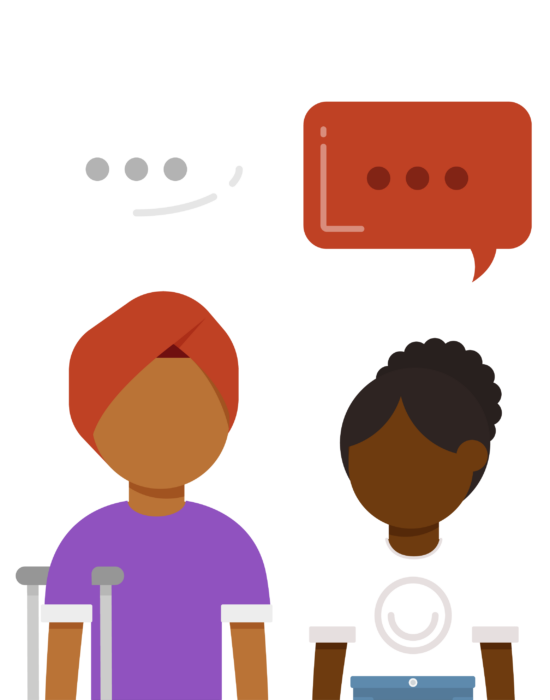
Speech and language
The words and sentences we use to express ourselves, as well the way we understand different words and sentences, can be different in different brain types.
Find out more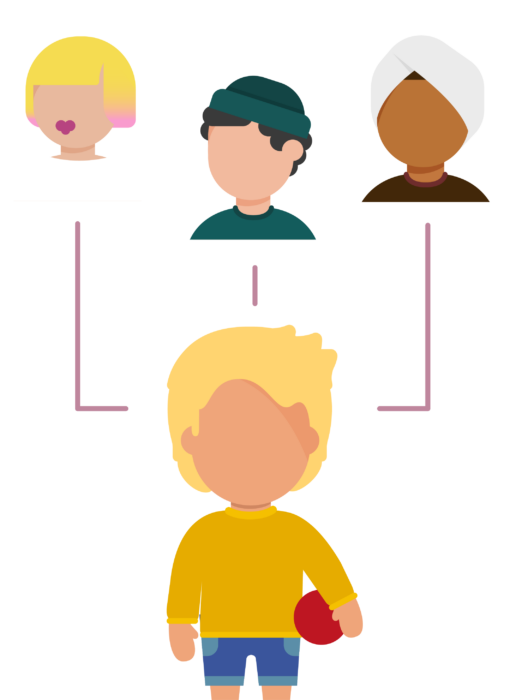
Social Communication & Play
The way we interact and communicate with others, as well as play, can be different in different brain types.
Find out more
Sensory processing
The way we process and react to sensory information (e.g. noise, taste, touch) can differ in neurodivergent individuals.
Find out more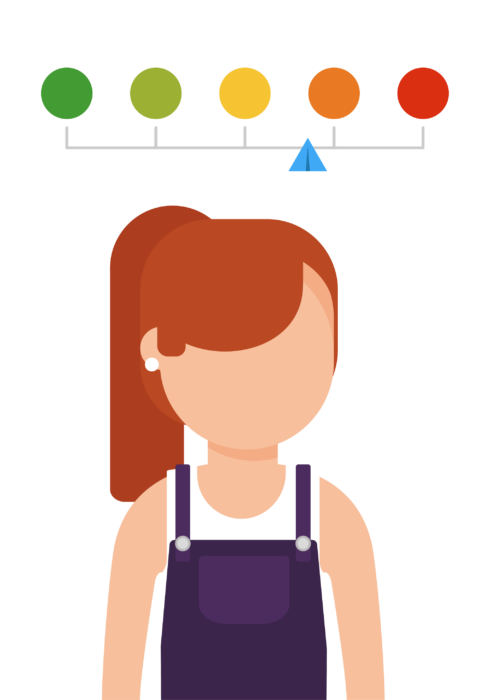
Emotions
The way we understand, interpret and express emotions can differ in neurodivergent individuals.
Find out more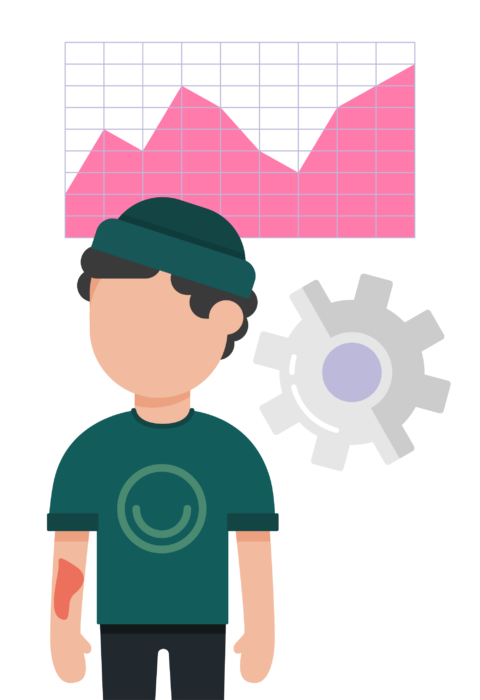
Executive functioning
The skills used to pay attention, plan and organise our daily tasks are part of our executive functioning skills. These skills can differ in neurodivergent individuals.
Find out more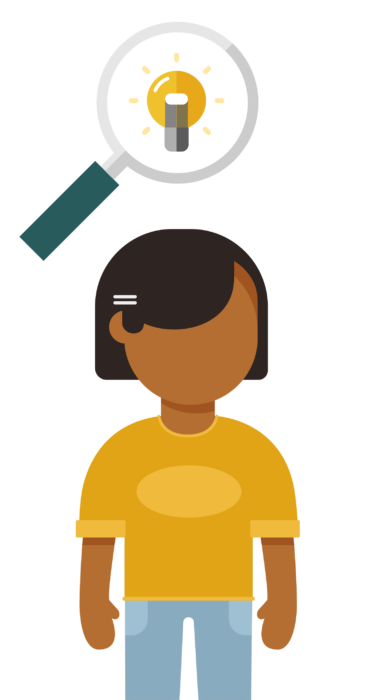
Hyperfocus/ Monotropism
Some individuals experience times of intense focus on a small range of topics/interests. This is called monotropism and hyperfocus. This can be a significant part of being neurodivergent.
Find out more
Mental health
Neurodivergent individuals can be more likely to experience certain mental health needs due to challenges in their environments.
Find out moreMarbles in a jar analogy
Each individual’s own profile can be thought of as a jar of marbles. Each marble in the jar gives the person specific characteristics and patterns of thinking / processing.
This analogy has been developed in partnership with West Yorkshire ADHD Support Group.
Download this information as a PDF here
Help and support
There is a wide range of support groups and services available for neurodivergent children, young people and their families. Browse the sections below to find out more.
Support for children, young people and their families
Online and face to face, local and national support groups and organisations for neurodivergent children, young people and their families.
Find out moreSupport in schools/ education
Find out more about the different types of support neurodivergent children, young people and their families can access in school. This includes a range of support from the school themselves as well as support from external agencies and healthcare services.
Find out moreSupport with daily living
Find a range of information and support for activities of daily living, e.g. eating, travel, sleep, for neurodivergent children and their families in Leeds.
Find out more

